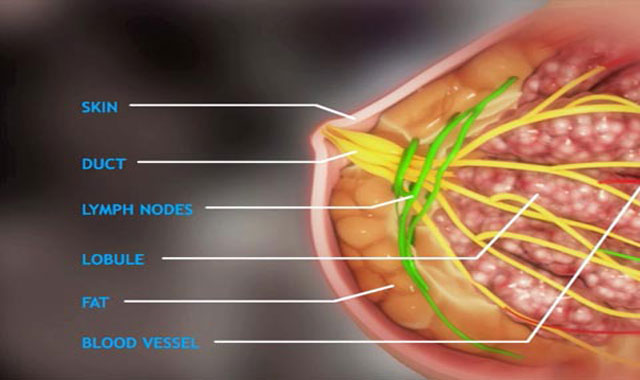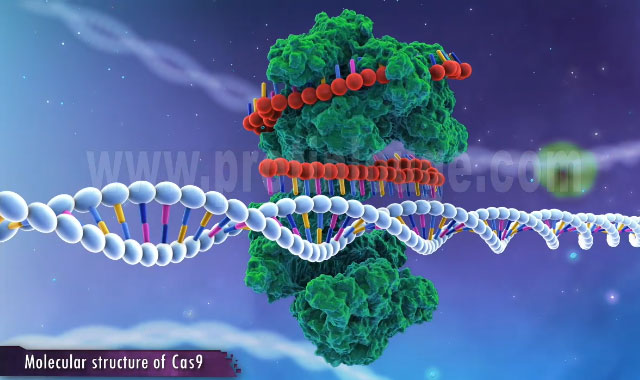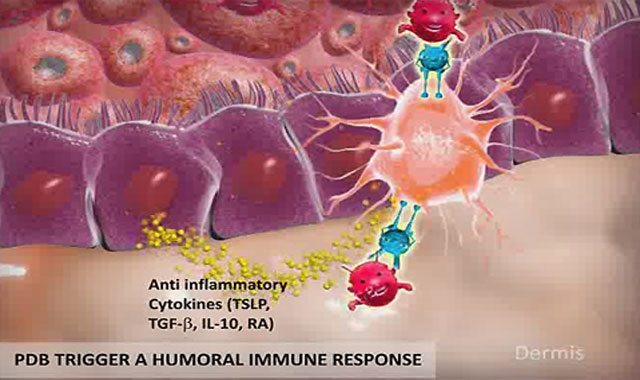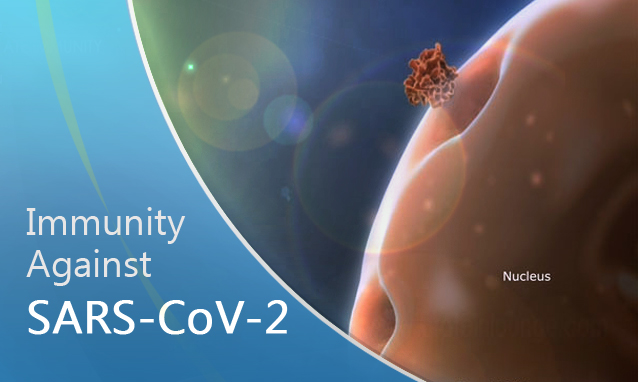Hcv life cycle
Description
Hepatitis-C Virus (HCV) belongs to the Flaviviridae family and is the leading cause of chronic liver disease globally. In order to carry out its life cycle hepatitis C virus must attach to and infect liver cells. The entry of HCV into the hepatocyte begins with receptor-mediated endocytosis, in which a cell internalizes a ligand-bound surface receptor. Once released inside the cell, single stranded HCV RNA is used as a blueprint for the production of viral proteins. The primary product of HCV translation is a single polyprotein which contains all ten HCV structural and nonstructural proteins required for HCV replication.
This polyprotein is cleaved, or sliced up to produce structural proteins (capsid protein C, E1, E2 and p7), and nonstructural proteins (NS2, NS3, NS4A, NS4B, NS5A and NS5B), in order for the viral proteins to function properly. NS5B protein, which is the RdRp (RNA-dependent RNA polymerase) catalyzes the replication of HCV RNA. The new positive-sense HCV RNA is encapsidated with the structural proteins, known as the nucleocapsid, which is presumably enveloped by budding into the lumen of the ER. Finally, infectious virions are then transported through the Golgi compartment to the plasma membrane and released to infect new cells.
HCV does not kill the cells it infects, but triggers an immune mediated inflammatory response (Hepatitis) that either rapidly clears the infection or slowly destroys the liver, causing the development of hepatocellular carcinoma. This animation gives a brief description of the HCV replication inside the hepatocyte.
Browse Other Animations
 Introduction to Breast Cancer
Introduction to Breast Cancer
 CRISPR/Cas9...Revolution in Gene Editing
CRISPR/Cas9...Revolution in Gene Editing
 Probiotic Skin Renewal Technology
Probiotic Skin Renewal Technology
 Immunity Against SARS-CoV-2
Immunity Against SARS-CoV-2

